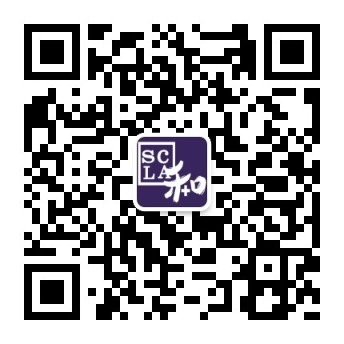There’s an old saying: smooth seas never made a good sailor. The past months have undoubtedly brought one of the biggest global challenges our generation ever faced. In the corporate context, going from an environment that was almost one hundrer percent face-to-face to one hundrer percent virtual threw employees and senior management in deep waters. Crucially, we need to understand how these changes have affected the companies’ compliance environment.
New Compliance Risks
During the pandemic, companies need all hands on deck to reassess new risks they face and measure the impact of changes to regulations. For example, Brazil’s federal public administration temporarily relaxed the rules on the acquisition of goods to fight Covid-19. Federal Law No. 13,979/2020 waived the bidding requirement for procurement of health goods, services and supplies for coping with the emergency. This increased the risk of fraud in public procurement. Another law – Federal Decree No. 9,764/2019 – on the acceptance of donations by the Brazilian Federal Public Administration created situations that might potentially invite corruption.
However, companies that empowered their compliance departments and honored their compliance programme during the pandemic managed to make substantial donations to the public administration. These companies were able to successfully contribute to fighting the novel coronavirus at a crucial time.
Compliance Program Management
The pandemic forced companies to trim their sails and adopt to working from home. Compliance departments had to while continuing to manage their compliance program.
This migration to a remote environment alone brought several challenges for companies used to performing its internal controls on paper. Especially if they preiously relied on staff working in close proximity to each other and keeping records in hard copies at the company’s headquarters. In Brazil, during the pandemic, the volume of ethics-related complaints received by businesses increased by thirty percent. About half were related to the labour issues and questions regarding the end of working from home.
Without an integrated system for a given compliance procedure raises the risk of losing relevant information in emails, messages, and calls. If there are no automated commands compliance programs also lose efficiency will also be put at risk as internal flows risk jamming.
Internal communication
Company used to communicate their compliance program through offices, plants and facilities needed to redesign its means of keeping employees informed. Many companies migrated events and training sessions to a virtual environment, which required even more creativity to maintain the audience’s attention.
It has been essential to make clear that company rules would not change despite a home-working environment. It was us to top management and compliance departments to send a loud and clear message that the pandemic’s impact on business did not justify ethical breaches.
Such measures intended to prevent employees from feeling pressured to act wrongfully for the sake of productivity. While working form home it is vital to ensure that employees refrain from defrauding the company’s accounting or conspiring with competitors. Companies also emphasised that offering undue advantages to public officials. suppliers or customers to secure contracts, sales or prices is also forbidden.
Cybersecurity is another critical area. The risks of internal fraud, cyberattacks and data leaks have increased. The sudden migration to virtual work environments has created opportunities for malicious people to exploit weaknesses in companies’ systems.
Companies have reinforced their policies on the topic to remind employees of the best practices for circulating internal documents and information under the correct level of confidentiality. Moreover, employees have had to reaffirm their duty not to share competitively sensitive information or secrets while working from home.
The way companies acted during the pandemic will be evaluated by shareholders, authorities, and stakeholders. Irregularities, during the crisis, in addition to the inevitable and unwanted legal consequences, will result in reputational damage to the companies and business partners.
Luciano Inácio de Souza is a partner and Ana Flávia Pereira is an associate at Cescon Barrieu Flesch Barreto Advogados. The views expressed in this article do not necessarily reflect the views of Cescon Barrieu or its clients.
Image: iAmMrRob, Pixabay licence.




